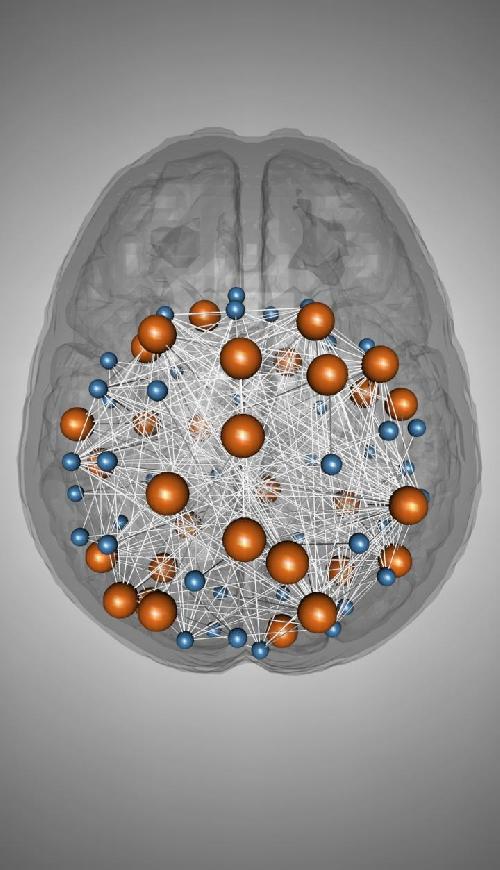Singapore, Dec. 22, 2015 - For the first time, a study has demonstrated a genetic convergence between cognition and neurodevelopmental disorders in the human brain. These findings, published online in Nature Neuroscience on Dec. 21, 2015 2015, provide an alternate starting point for scientists to develop therapies for such disorders.
A team of researchers from Duke-NUS Medical School (Duke-NUS) and Imperial College London (ICL) identified a network of genes in the brain that regulates normal cognitive abilities. This network is also linked to a range of neurodevelopmental disorders, such as autism, epilepsy, intellectual disability and schizophrenia. In many neurodevelopmental disorders, the impairment of cognitive abilities is reported to be a core clinical feature. However, no explanation had been provided for this association, until now.
The Duke-NUS and ICL team began their research by studying all genes that are active in the human hippocampus -- a component of the brain that plays an important role in the formation and consolidation of our memories. They identified several gene networks and pinpointed a significant network of 150 genes, found in mice and healthy humans, which has a major influence on general cognitive abilities. In addition, they found that these genes are already highly active following birth, which is a clue that the genes play a role in brain development and neurodevelopmental disease.
 Brain gene-network shows convergence between cognition and neurodevelopmental disorders. Credit: Duke-NUS Medical School
Brain gene-network shows convergence between cognition and neurodevelopmental disorders. Credit: Duke-NUS Medical School
Analysing all data available to date on the genes that cause neurodevelopmental disease, the team observed that about a third of the genes in the network are mutated in various neurodevelopmental disorders. These results were unforeseen, as the majority of these genes that were known to cause neurodevelopmental disease had never been connected to each other before.
The identification of this gene network provides the starting point to develop precision medicine strategies to target the entire pathway or genes specific to neurodevelopmental disorders. The Duke-NUS team aims to identify the regulatory factors of this network, which can help to develop future strategies to treat neurodevelopmental disorders. All gene network data generated from this study have been made accessible online for other researchers and scientists.
Associate Professor Enrico Petretto, senior co-author of the study and head of the Systems Genetics of Complex Disease Laboratory at Duke-NUS, hopes that these findings will contribute to advances in the field of neurobiology and neurological disease.
"We believe that studying gene networks in the brain can give us extra clues about the genetic cause of neurodevelopmental disorders and of their neurological comorbidities. The results of our study in the human brain show a previously unappreciated functional relationship between cognition and neurodevelopmental disorders' genes. This gives us the first explanation to why the two seem to be related," said Assoc Prof Petretto.
Duke-NUS and ICL researchers employed a novel approach called Systems Genetics to study networks of genes, rather than investigating the role of single genes in neurodevelopmental disease and variable cognitive abilities. In this study, the key interactions between all genes in the human brain were analysed. These crucial interactions inform networks of genes that, like a football team, are likely to display a more complex performance than the individual player.
Assoc Prof Petretto explained that the team's strategy to understand the genetic causes of complex disease could be compared to how one may take on a rival football team. To outplay a rival team, the focus should not be placed on a single player, even if it happens to be a key player such as Lionel Messi. Instead, understanding how the eleven players cooperate, with or without Messi's contribution, and breaking down their coach's game strategy, which in this study refers to the regulatory factors of the gene network, is critical to creating a long-term winning strategy.
source: Duke-NUS Medical School